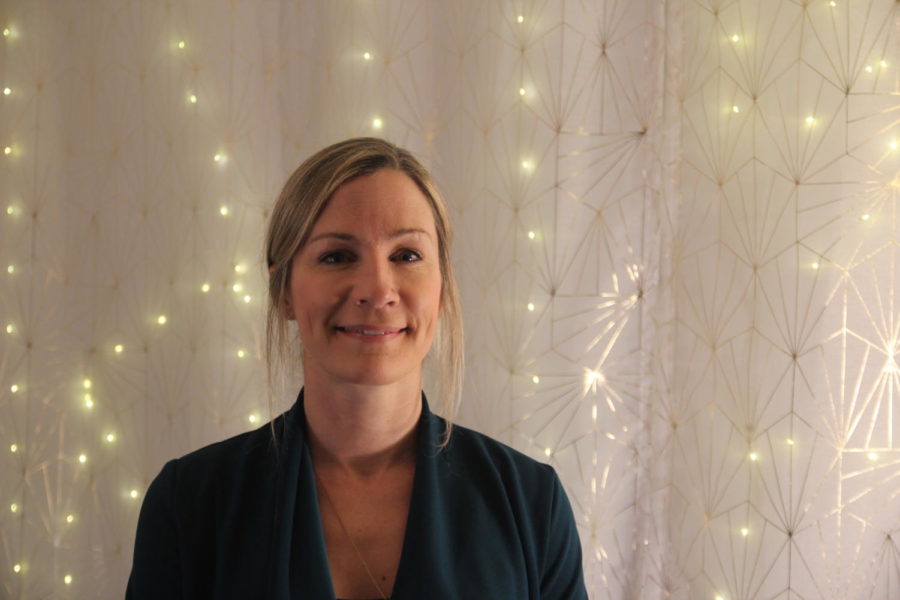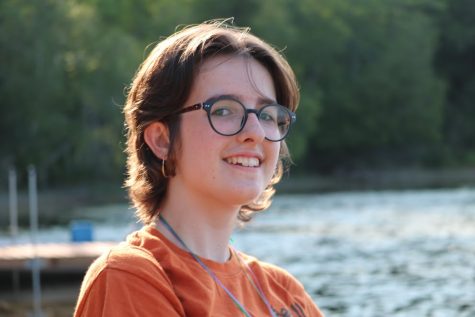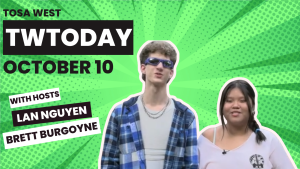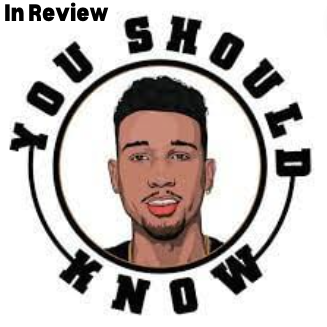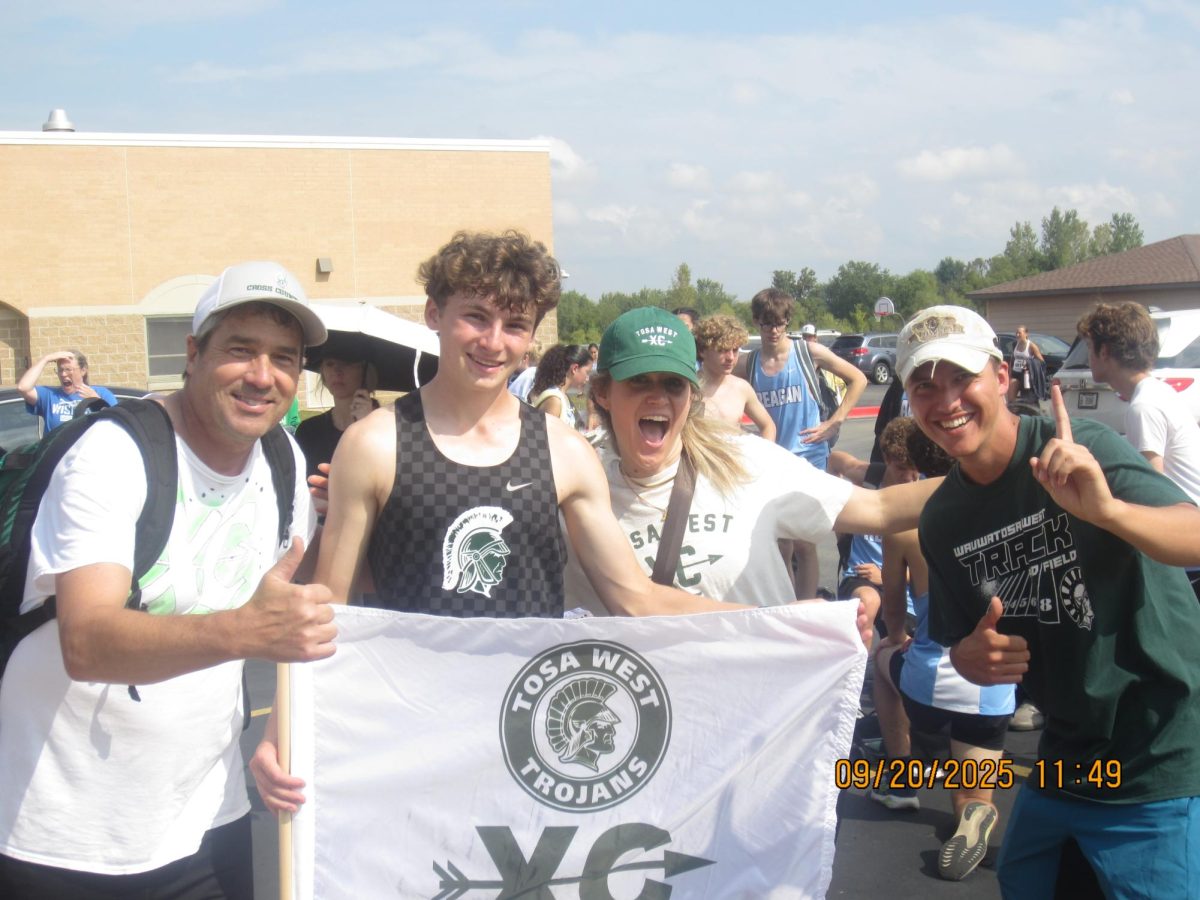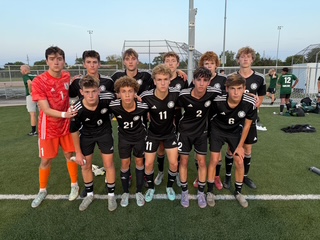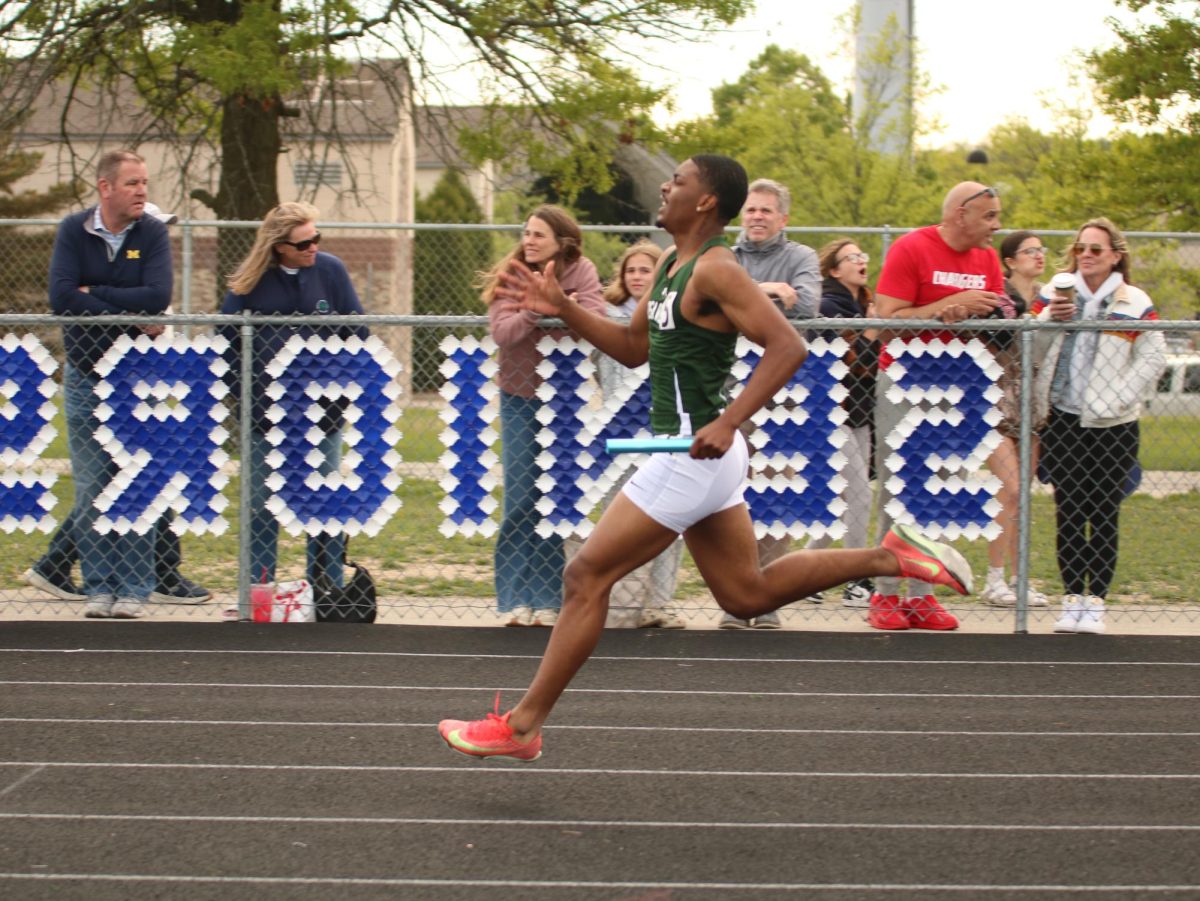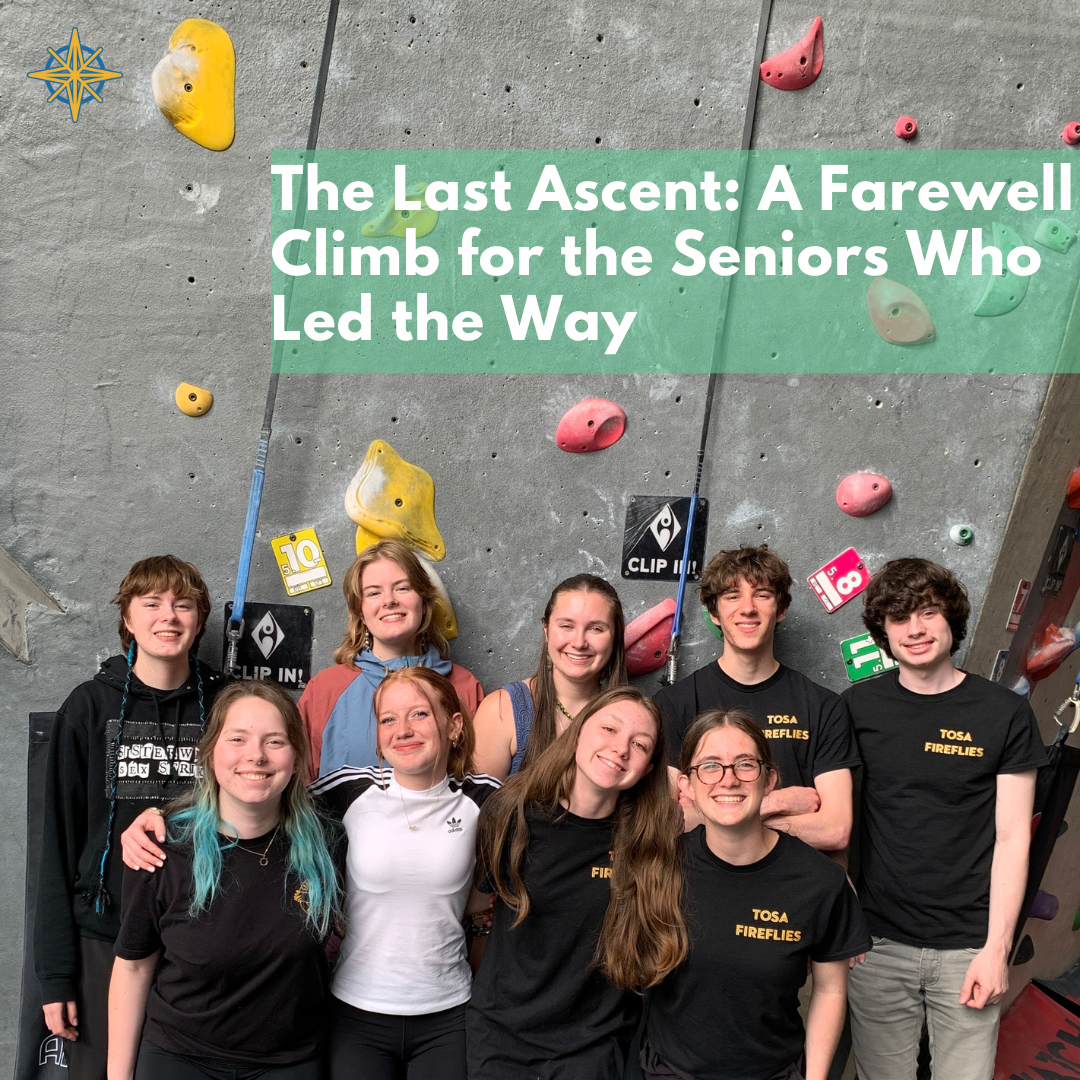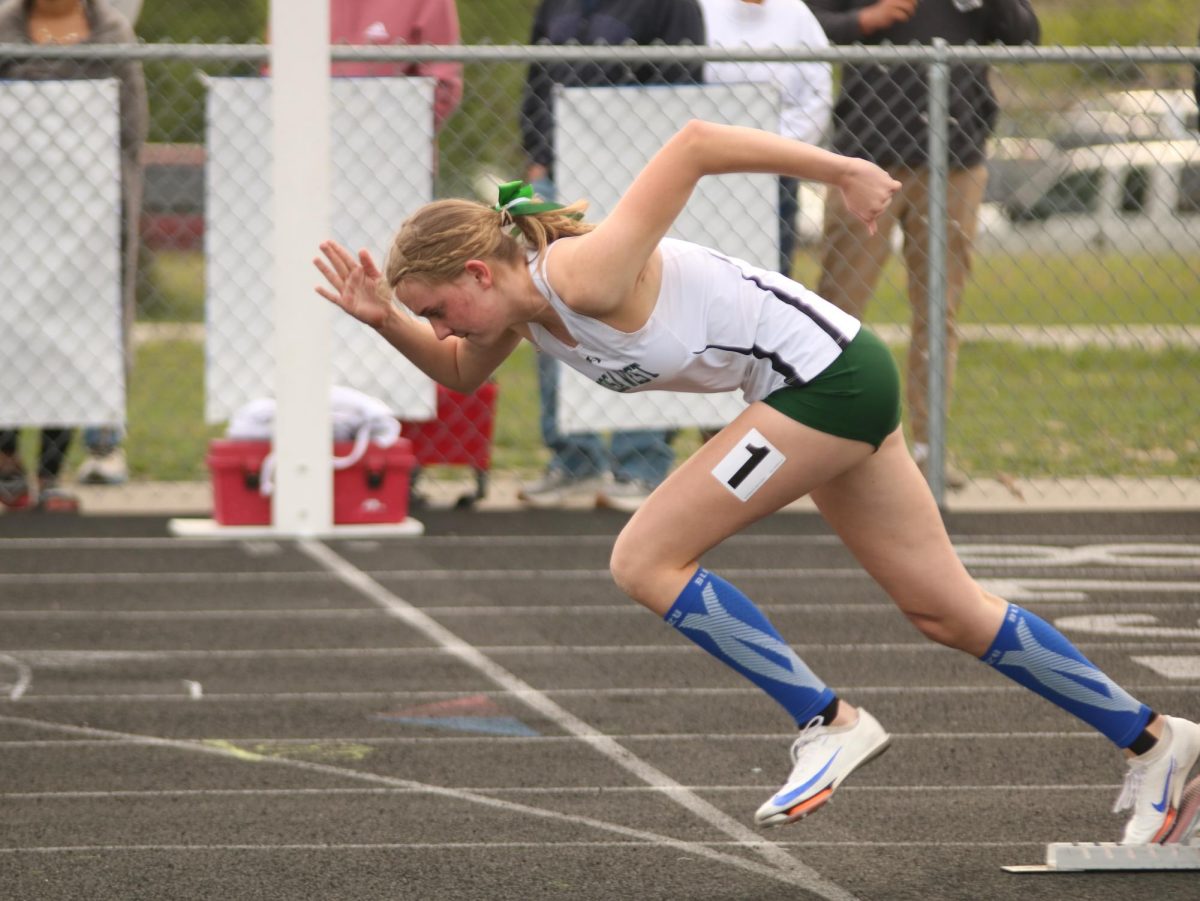Meet Paige Wrecke: Wauwatosa West’s First Dean of Students
April 13, 2023
What is the Dean of Students?
The Dean of Students is similar to a school counselor, but without administrative duties, such as class planning. The lack of administrative duties enables them to focus on student’s socio-emotional and disciplinary needs. They are mainly responsible for student discipline issues, but will also focus on proactive interventions to provide support for students who may be struggling with attendance or other problems. Because there are Deans for all
From the Wauwatosa School District: “The Dean of Students is a non-administrative position responsible for assisting the Principal and Associate Principal to maintain an orderly and safe school environment for all students. The Dean of Students is responsible for supporting the administration in handling student discipline issues. The Dean of Students is expected to complete and document investigations thoroughly, contact parents and collaborate with school site student services staff to develop interventions and support for students who may have violated the code of conduct. The Dean of Students will also proactively work with students and families to improve the school environment to maximize the level of inclusion and belonging for all students.”
When should students go to the Dean of Students?
When students have a problem, they should go to their counselor first, who can direct them to the right place. “A lot of what the counselors are going to work on is going to be that initial interaction,” Wrecke says. “I work a lot with the counselors when they’re like, ‘Well, I’ve worked with the student. We can’t really seem to find resolution to this problem. Can you dip in and can you kind of tag team on this?’ And so I’ll debrief with them.”
If a student is scared about a problem immediately, they should go to administration first.
What is Wrecke’s background?
Wrecke went to UW Lacrosse, and then taught at the Milwaukee Education Center and Martin Luther King Drive Middle School as a Phy Ed teacher for three years. She later went to graduate school at UW Milwaukee and earned a master’s degree. Meanwhile, Wrecke coached cross country at Wauwatosa East. Although she hoped to get a job at East, Wrecke was hired at Mukwonago, and has been the Department Chair of Counseling there for 15 years.
What would a typical day look like for you at West?
“It would be about a third actively having meetings with students that are reactive, such as addressing a referral that went in or things like that. Another portion is working on the attendance procedures and trying to develop those. We’re trying to set up a parent meeting and other implementations that revolve around issues like that. And then probably about a third of the day is systems planning, which would be like meetings and things like that, which sounds boring, but it’s not. Usually it is just trying to meet as administration or as a people services team, identifying students that we need to wrap around or identifying systems networking that we need to address. I like that big picture stuff, because you can have the moment you can put little fires out, but ideally, we’re trying to create like a fireproof barrier where the players will come up as much at all.
What issues specifically apply to West?
Each dean of students does slightly different things to address the different problems their school might be facing. The main issues that the district has identified regarding West is student violence, student impulsiveness and attendance.
“That is my interpretation of it. Granted, I’ve been here for two weeks. But, I think that impulsivity and that ability to regulate emotions ties with the violence that’s all one piece here,” says Wrecke. “And you could broadly say social emotional learning, developing coping skills.”
How will Wrecke focus on attendance issues?
There are two sides to fixing attendance: prevention and reaction. Wrecke works with a district-wide team to implement new attendance systems so that attendance is more accurate, providing more data on students who don’t attend class, and when. Student and parent meetings are put in place to discuss and address the reasons behind truancy, so that students are better able to attend school.
“If you were missing a ton of school then I’m talking with you talking with your parents individually to try and solve it. Systems will solve the questions of how do we ensure students are attending in the first place? How do we ensure accurate attendance is being taken, so when we’re pulling those reports they are accurate? And then if we identify five main factors that were getting in the way of students attending, what can we do to prevent those from happening in the first place?”
Attendance was an issue that was previously dealt with through a case by case basis, which with a school of this size, and with so many different needs, it should not be an issue that is a case by case basis. “It really has to be on the administration to evaluate, a formal process has to be created. One of our staff members was talking about if you don’t have a system in place, kids get left behind. A student who’s quieter, missing a ton of school but not really a disruption problem and gets okay grades, things like that, they’re completely missed, right? There’s not an obvious problem because that student could get by all through high school, and then you get to a job and things like that and they don’t have those skills to cope with whatever is causing them to miss school in the first place,” Wrecke points out.
Implementing a new system to deal with attendance issues is at the top of mind. “We have our final meeting next week surrounding our new attendance system, like E-passes, and what that looks like. So rather than you know, this population of students has missed so much school. Now it’s a very clear cut process of how we contact home. How we set up parent meetings. Who we want at that parent meeting. And then here’s what we do at a parent meeting, then we do a home visit because we need to make sure kids are here and having an education, which they are unable to if not present in the building. However, that takes time to roll out, so previously and like right now, there are no systems in place regarding attendance or very loose ones at the moment.”
How will Wrecke focus on student violence issues?
“If we hear about things that may be happening, or we know that two people are starting to develop a rift, then I will call them down and try and talk to them,” Wrecke says. “I’ll remind them of not just the consequences, but the long term impacts of things because students, and even adults, sometimes forget.” This moderated conversation is an effective way to prevent student violence by resolving disagreements before they escalate. “There’s times where I have to discipline students, but I think I come at it from a counseling lens. Which is a ‘Why are you doing this,’ not just ‘You did this, here’s the consequence. Don’t do it again.’ “ By focusing on the reasons behind a student’s actions, problems can be more effectively prevented in the future.
What are Wrecke’s long term goals?
Wrecke wants to increase student attendance and decrease student impulsivity, which is a precursor to disruption and violence. “There is a bravado, and kind of an impulsive nature for a lot of our students that I want to help curb,” Wrecke says. “I want students to be able to take that pause. I want students not to escalate things to the next level.”
While many of these changes will happen on an individual level, another challenge is changing the school culture by putting systems into place to help students curb this impulsivity at a large scale. This will help them develop skills to redirect that energy into something more productive. Currently, Wrecke is working on identifying ways to go about this change so that these systems will be ready by next year.
Wrecke’s office is located between Officer Griffin’s office and the cafeteria, right next to the planetarium, meaning her office is tucked away. How do you like to interact with students, besides just calling them down when you’ve gotten tips from administrators?
If you ever see my door closed, it’s because I’m in the hallway, almost always unless I’m in a meeting. So I always have my door open, always poking out to say hello. Always out in the hallways trying to say hello to kids, trying to say good morning, just so that my face becomes a little bit more familiar to kids. And that way, even if it’s just you know, you saying “Oh, yeah, that’s Ms. Wrecke”, you know, and then that kid says, “Oh, that’s Ms. Wrecke” and then that familiarity develops and evolves a little bit more so that kids feel more comfortable coming down. So I’m just trying to get my face out there.



